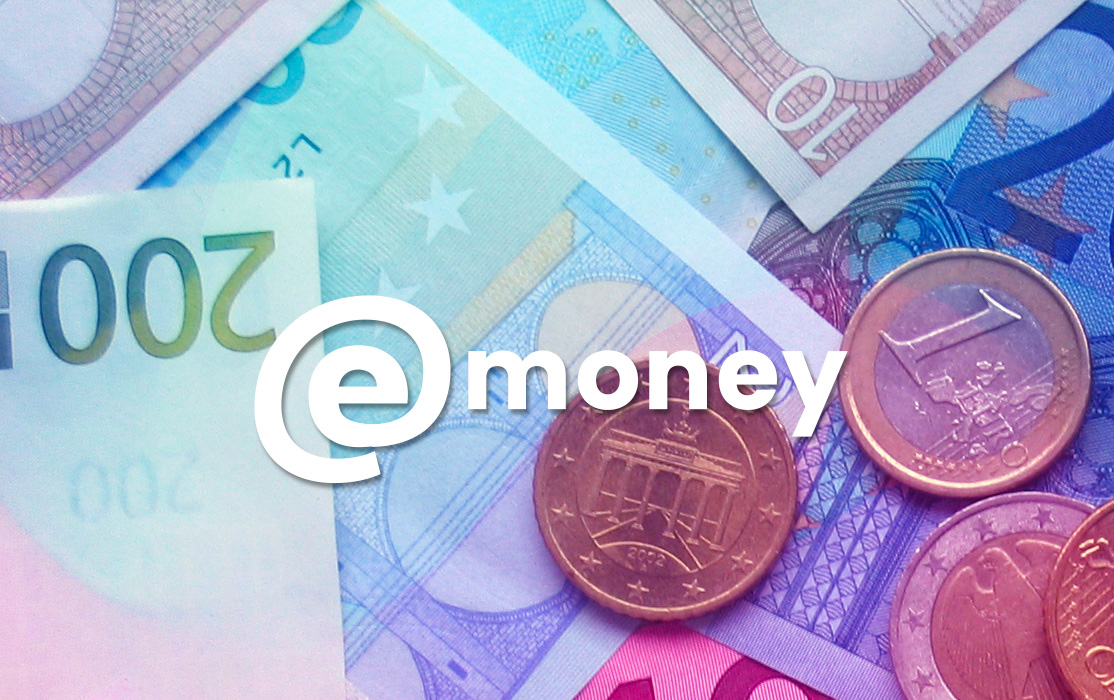
E-money is the ultimate stablecoin
Your money in your wallet
Monerium pioneers electronic money (e-money) on blockchains. Before “stablecoins” became popular, we identified e-money as the simplest and safest way to issue fiat currency on-chain, euros, dollars, yen, or pounds. In 2019, we became the first company authorized to issue e-money on blockchains. Here’s why.
E-money is legally de-risked. First introduced in the European Union in 2000, the European Commission describes e-money as a “digital alternative to cash”. The European Central Bank accounts for e-money issued by major financial institutions as “overnight deposits”. E-money is therefore a proven form of “stablecoin” in a major jurisdiction.
E-money is proven in the marketplace. Fintechs such as PayPal, Revolut, and Wise have used e-money for online and mobile financial services. In 2019, there were 4.6 billion e-money transactions in the EU, more than twice as many as five years earlier which points to widespread and growing adoption by issuers and consumers.
The key properties of e-money are:
- E-money is overcollateralized by 102%.
- User funds are safeguarded as bank deposits or in qualifying high-quality and liquid securities.
- Unlike a bank deposit, which is a claim on a bank, user funds are safeguarded in segregated accounts separate from the issuer funds.
- E-money is intended to serve as a means of exchange, it is a transferable claim which makes it ideal for on-chain transactions.
- E-money is a priority claim which means users will be paid out first in the case of insolvency.
- E-money can be distributed through partners that meet KYC/AML requirements.
E-money is also compatible with the Market in Crypto-Assets regulations which is not surprising at all because it is intended to serve as a “technically neutral” standard for electronic cash.
Because we are authorized and regulated, we need to undergo an annual audit and make regular reports to our supervising institution, the Central Bank of Iceland. As our issuance increases, we are also planning to make regular public attestations of safeguarded funds although they are not required under the e-money regulations.
We safeguard e-money with two European banks and in high-quality and liquid securities custodied with and managed by a Europe-based asset manager. Our policy is to hold only as much in bank deposits as we need to meet anticipated redemptions.
Your money, in your wallet. Let’s make DeFi happen!